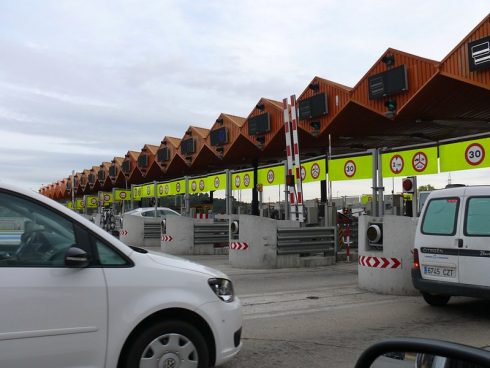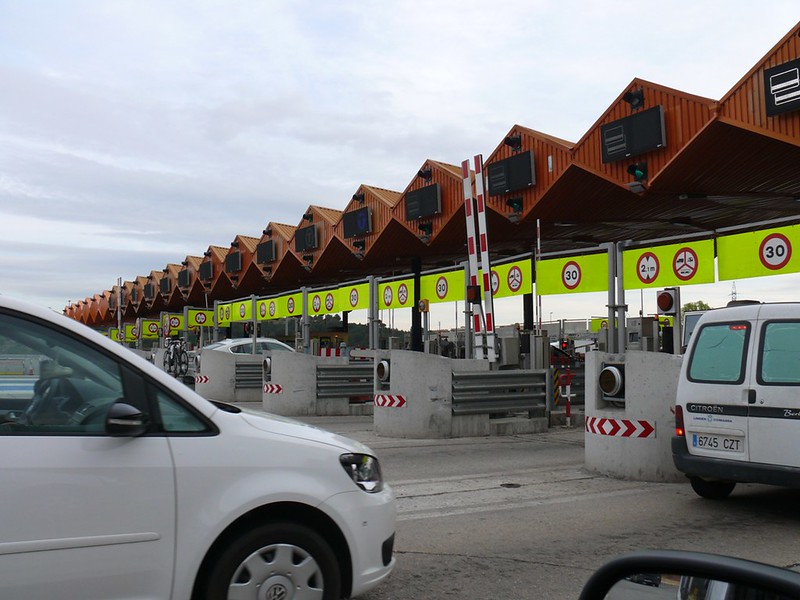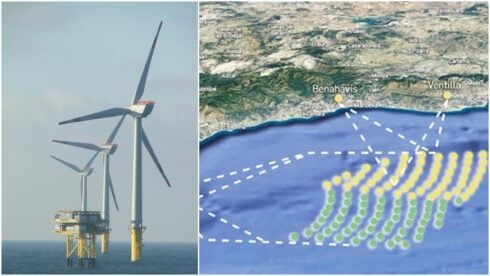SPAIN is planning to turn all public-managed highways into toll roads during 2024, with a view to making drivers pay depending on their usage of roads and as a de facto ‘polluters tax’.
The measure was announced as part of the conditions demanded by Brussels in order for Spain to qualify for funds under a national recovery plan.
Under the plan, drivers would initially have to pay not only to use the autopistas (motorways that in many places already have a toll in place) but also the vast network of autovias.
But over time, it would be scaled up to include fees on other national and regional roads.
The Spanish government insists that the new model is needed to pay for Spain’s huge network of roads, which the report states is the most extensive high-capacity road network in Europe.
“This is generating a cumulative maintenance deficit, leading to a loss of value and a deterioration of quality of service, which has consequences for road safety,” reads the plan sent to the EU Commission this week, with the government admitting a deficit of €8 billion has been racked up on road maintenance alone.

“The introduction of a pay-per-use system would guarantee maintenance of the road network, and generate incentives for a more efficient use of this mode of transportation, which in turn would lead to a reduction in greenhouse gas emissions,” it stated.
The plan contrasts with the recent directives in removing tolls once concessions had expired from some of Spain’s busiest autopistas including the AP-7, AP-4, AP-2 and AP-1.
The government said it expects the plan to take between two and three years to implement, given the need to pass it into law and the huge infrastructure required to install toll booths across the network
No fees have been mooted as yet, but Acex, Spain’s infrastructure maintenance association estimated that a fee of between €0.03 to €0.05 per kilometer would be needed to cover road maintenance debt in the public budget.
In a scenario with fees set at €0.04/km, El Pais estimated that it would cost €9 to drive from Madrid to Burgos up the A1, €12 to Zaragoza on the A2, €14 to Valencia on the A3, €15 to Córdoba on the A4, €16 to Badajoz on the A5 and €22 to A Coruña on the A6.
The plan suggests that exemptions and discounts would be available for regular road users or those in underprivileged groups and that payment plans for those in the transportation industry would see the financial burden fall on the freight contractor rather than the driver.
Opposition has already been voiced against the plan with critics arguing that the measure would penalise those who live in rural areas where the only way between towns is via an autovia.
Popular Party (PP) senator José Julián Gregorio warned the introduction of tolls would force people to take more dangerous routes on minor roads in order to save money.
READ ALSO:
- EXPLAINED: What you need to know about new speed limits coming into force across Spain
- Stricter driving laws to come into force in Spain – all you need to know
Click here to read more Spain News from The Olive Press.








